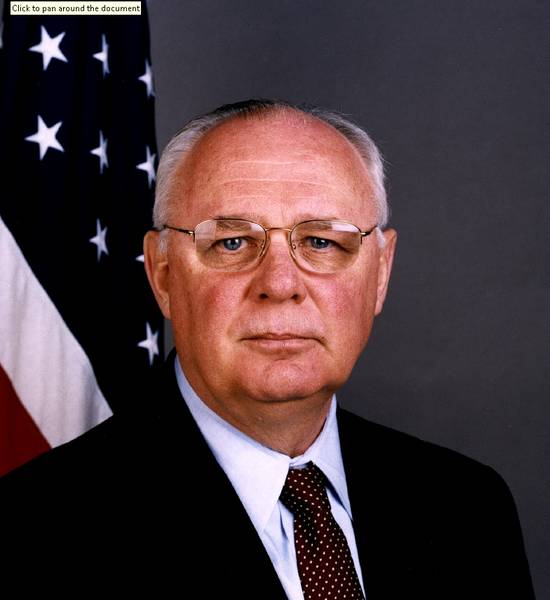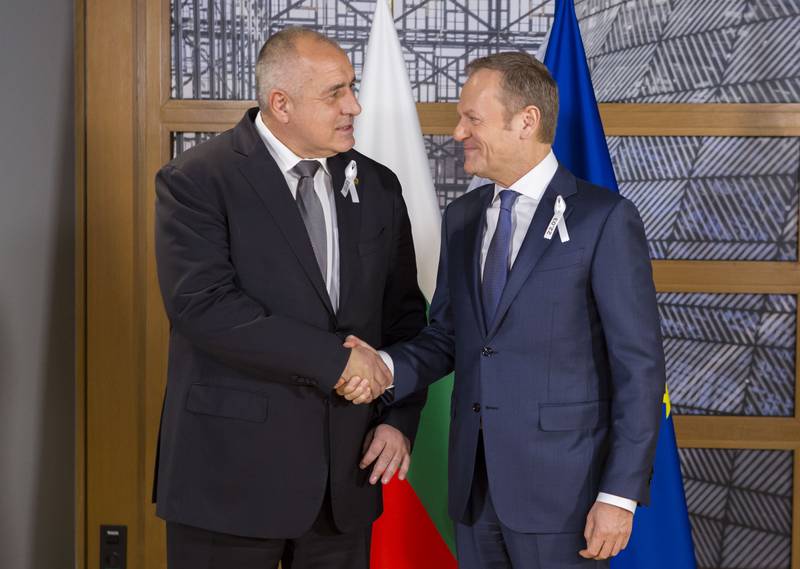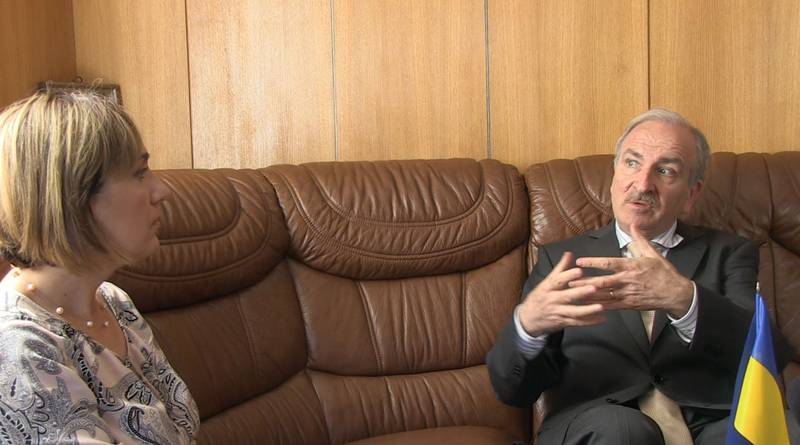Brexit, Donald Trump and Vladimir Putin
James Pardew*, July 28, 2016
 Vladimir Putin and his close associates in Moscow may be the one party most encouraged by the British decision to leave the European Union. Mr Putin also must be overjoyed by the irresponsible political campaign statements by Donald Trump, the Republican nominee for President of the United States, about the U.S. commitment to NATO. For Putin, these are unexpected opportunities to encourage further disunity in Europe in coming years.
Vladimir Putin and his close associates in Moscow may be the one party most encouraged by the British decision to leave the European Union. Mr Putin also must be overjoyed by the irresponsible political campaign statements by Donald Trump, the Republican nominee for President of the United States, about the U.S. commitment to NATO. For Putin, these are unexpected opportunities to encourage further disunity in Europe in coming years.
Russia’s cooperation with the West reached its peak in 1995-1999 during the international intervention in the former Yugoslavia. But when Putin came to power, he moved Russia away from the West and its democratic values by conjuring up a security threat to Russia when none existed, playing to Russian nationalism and moving the country toward one-man authoritarian rule.
Trans-Atlantic cooperation and European unity restrain Putin’s options internationally and limit its ability to influence or control Russia’s neighbors to the West. Democratic institutions in the West also undermine Putin’s legitimacy in an increasingly autocratic Russia. The Putin regime abhors European unity, especially when it includes a close relationship with the United States. To current Russian leaders, a fragmented Europe is in the national security interest of Russia, and they use every means from energy policy, economic assistance, media outreach and support for local national groups to that end.
Today, the threat of Islamic terrorism, the flood of refugees from the wars in Iraq and Syria and economic concerns have combined to shake up the traditional political structures in the U.S. and Europe. Brexit and Trump’s appeal to fear in America reflect a political shift to nationalism and xenophobia on both sides of the Atlantic. The Islamic extremists must conclude that terrorism is working in fearful societies. Putin also must be delighted. Opportunities to further upset Trans-Atlantic and European unity are everywhere.
For years, Mr Putin and his colleagues have had an easy source of influence in Eastern Europe in old comrades who joined the new Socialist Parties reformed after the collapse of Soviet communism. Now there is a new card to play - extreme nationalism. Today, Russia can quietly support extreme nationalists and their political movements now prominent in Europe. These parties do not have to be pro-Russian to enhance the Putin agenda. They only need to be anti-EU, anti-U.S. and anti-NATO to be of value.
For now, Trump is an international embarrassment for the U.S. But in November, the Trump phenomenon will be rejected by American voters or Mr Trump will come to understand the stark craziness of his present attitude toward the U.S. security interests in Europe. In Europe, especially in the former Eastern bloc, nations can expect Putin’s people to use every opportunity, every resource, including the promotion of local nationalists, to undermine the European Union and NATO at every opportunity as Europe and the United States struggle with the twin problems of terrorism and refugees on the borders.
*James W. Pardew is a former U.S. Ambassador to Bulgaria (2002-2005). His views are personal and do not reflect the opinion of the U.S. Government nor of this website
 Boyko Borissov, Donald Tusk | © Council of the EU
Boyko Borissov, Donald Tusk | © Council of the EU Boris Johnson | © Council of the EU
Boris Johnson | © Council of the EU Mykola Baltazhi | © euinside
Mykola Baltazhi | © euinside